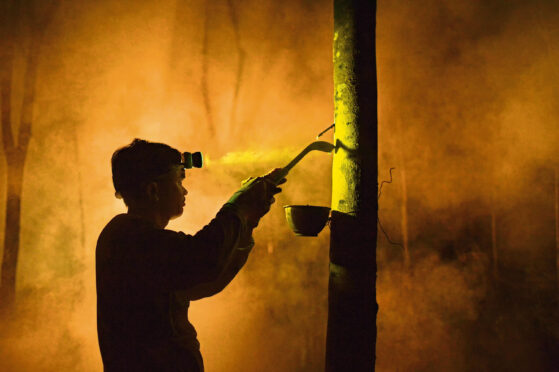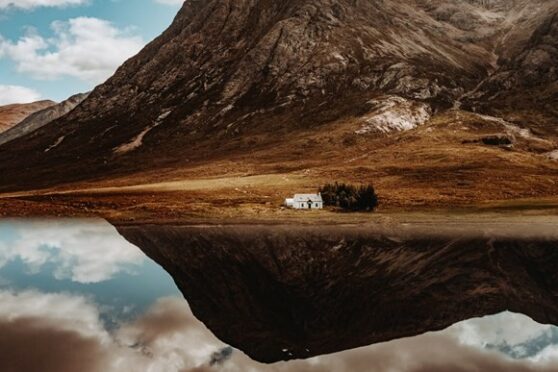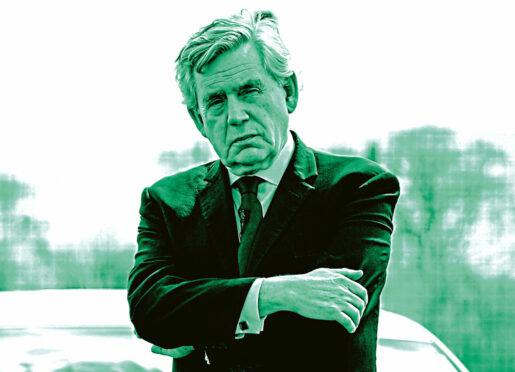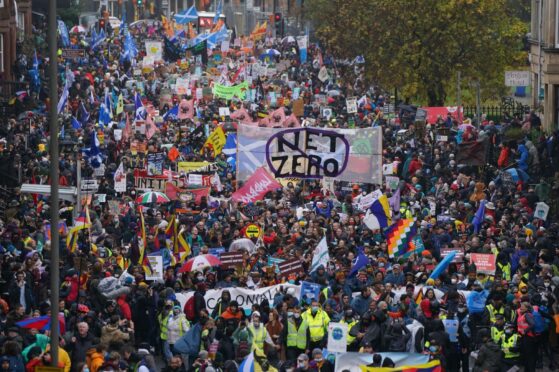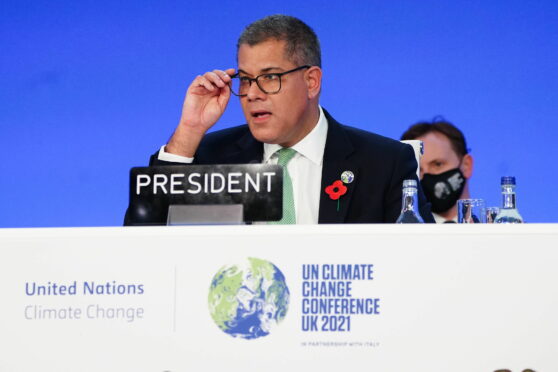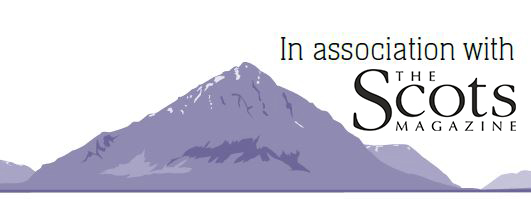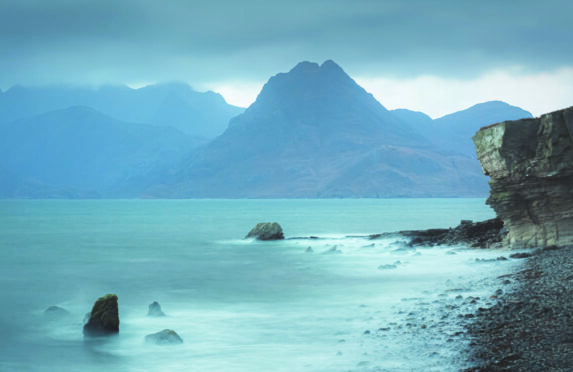
Perhaps the sanest words a nature writer can read are by John Muir: “When we try to pick out anything by itself, we find it hitched to everything else in the universe.”
Only 19 words, but their implications speak volumes, whole libraries of them.
Instead of flying Saltires and Union Jacks from flagpoles at Cop26, we should hoist those words – so that Scotland shouts that eternal truth about our planet from the rooftops, a banner for our times.
Their inescapable message is this – we are nature, too, and everything we do to our planet has consequences. Everything. Heat domes, wildfires, floods, droughts, the collapse of Arctic ecology, the fracturing of Antarctic ice fields, the death of glaciers, superstorms.
Newspaper headlines and TV news bulletins count the human casualties and total up the millions it will cost to rebuild that which is lost, as if our own species was the only consideration of a catastrophe of our own making.
But we cannot isolate one species from the millions of others – and we are, whether we like it or not, just one more of nature’s species. And here’s why – because when we try to pick out anything by itself, we find it hitched to everything else in the universe.
If you find the worldwide scale of disasters which have already tormented our planet this year too difficult to grasp, consider something closer to home.
Last year was the Year of the Coast. I was asked to write something for an event at the StAnza international poetry festival in St Andrews. This was it…
Finally, the warming, rising, surging, surprising sea called our bluff.
Finally, an impatient scrap of Antarctica slipped its moorings and floated free, a Britain-sized berg the satellite survey said from several miles high, failing to mention the sunk seven-eighths that eluded its eye.
Freighted with ice of sufficient girth to remove the lowlands from the face of the Earth, it went walkabout .
The people held their breath at its awful wonder, driving, cajoling conniving, controlling the sea into deeper and deeper frenzies as first it began to melt, then – weakened – it smashed into slow smithereens, billions of tons of water every wandering mile.
And poets of the world, hear this: Robert Burns was wrong, for a’ the seas didna gang dry nor did the rocks melt wi’ the sun for a’ the seas just rose and rose and the rocks… were drowned.
But Robert Burns was also right: for the sands of life certainly ran, they fled from accustomed shores to re-emerge far, far inland where sand was never known before and the sea moved through forest and field, the grimmest reaper, ever.
The seals were the first to go from Tentsmuir Point for they are wiser by far in the sea’s ways: they saw this coming, and they left in the night while the people scratched their heads at the sudden silence, at the emptiness of the sands for the seals took with them the anthem of that glorious sky-drenched shore, the seductions of seal song… no more; and the people scratched their heads again when the very sands followed in their wake.
Then the elegant greenshank that wintered wading the shallows of a duneland pool left and let fall in flight one last parting pibroch call.
The sea was irresistible as a bushland fire, emptying the Firth of land and landmark, as casually catastrophic here as it was with Micronesia and Orkney, with Florida and the Zuyder Zee. Remember that secret furrow between dune and forest, beloved of butterfly and orchid and shaded by alders?
It’s still there! But reconfigured as seabed, home to lobsters now.
And it’s no use looking for sea eagles here; remember you saw them standing waist-high in a noon-day dwam and you mistook them for broken fenceposts?
No eagle ghosts lurk among the outraged trees, for the sea’s five miles inland.
The red squirrels… who knows, who knows?… drowned we suppose.
“But look!” the people said, “the dolphins! See them slalom through the half-drowned trees smiling their dolphin smiles, they’ll make a game out of anything!
“It’s swings and roundabouts!”
The people liked to shout down nature, insistent on the last word, and hadn’t they graciously set this place aside… “National Nature Reserve”…
They called it Tentsmuir Point, reckoning without that one rogue tide that flowed and flowed and never ebbed.
Once the new map of the coast is drawn they can call it Tentsmuir Pointless.
Finally, the warming, rising, surging, surprising sea called our bluff.
Finally, the people cried, “Enough!”
I can’t help wondering what it will take before the people cry “enough”. At what point will the outrage of all the world coalesce, a wildfire of concern to devour the indifference of governments and vested interests?
One of the habits of my former life as a journalist is visible at the end of the table where I write – a fluctuating pile of newspaper cuttings. I read something that might be useful, I cut it out, add it to the pile. Among them is a remarkable story. Its headline is “The glaciers of Iceland seemed eternal: One by one they melt.”
It was a moving piece by Andri Snaer Magnason, who had “grown up with glaciers as a geological given, a symbol of eternity”. He had just been asked by academics in Houston, Texas, to write the text for a plaque to commemorate “the first dead glacier in Iceland”. Was a writer ever handed a more portentous commission?
The glacier, ironically named Ok Glacier, had been officially declared “dead ice”. Magnason’s article concludes: “So on the copper plaque to commemorate Ok Glacier, we have written to those loved ones of the future: ‘We know what is happening and what needs to be done. Only you know if we did it.’”
That should become the mantra of Cop26. The delegates know what needs to be done – if they don’t, why are they here?
I’ve been writing about nature’s plight for decades, the spectre of climate change for about 20 years.
To begin with, it seemed to be a problem for the north of the world, for the warming of the Arctic Ocean and the shrinking of polar ice. We know better now – we know what is happening and what needs to done.
But even with my increasing immersion in the issues, I was startled almost beyond words on the day it hit me between the eyes.
In the summer of 2018 I went to the Lofoten Islands of Arctic Norway for a week, a consequence of my work on a book about Scotland’s sea eagles and a friend who was in a position to help.
When a plane landed at the little airport of Narvik, 120 miles inside the Arctic Circle, I stepped out straight into a wall of heat. The temperature was 34C (93F). Welcome to the climate crisis.
Having begun with the words of John Muir, here are the words of a young forestry student who was galvanised by meeting Muir and would eventually write arguably the greatest single work of American nature writing, A Sand County Almanac.
“The practices we call conservation,” Aldo Leopold wrote, “are, to a large extent, local alleviations of biotic pain. They are necessary, but they must not be confused with cures.”
Finding cures should be the mission of the Cop26 summit, preferably before our own planet’s sickness becomes terminal.

Enjoy the convenience of having The Sunday Post delivered as a digital ePaper straight to your smartphone, tablet or computer.
Subscribe for only £5.49 a month and enjoy all the benefits of the printed paper as a digital replica.
Subscribe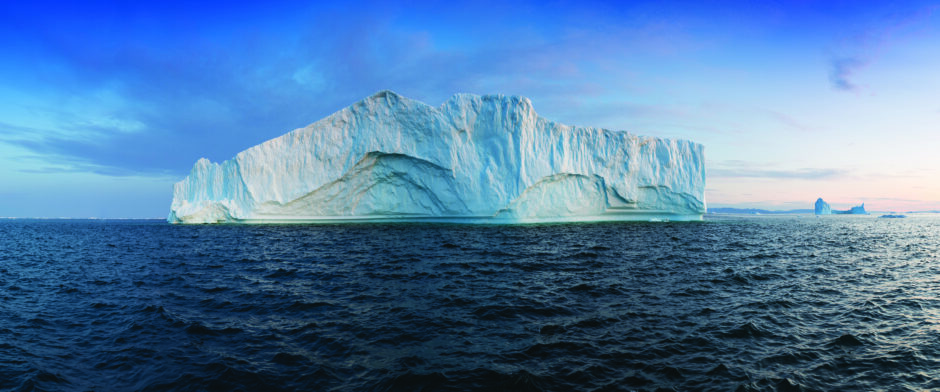 © Shutterstock / Michal Balada
© Shutterstock / Michal Balada
